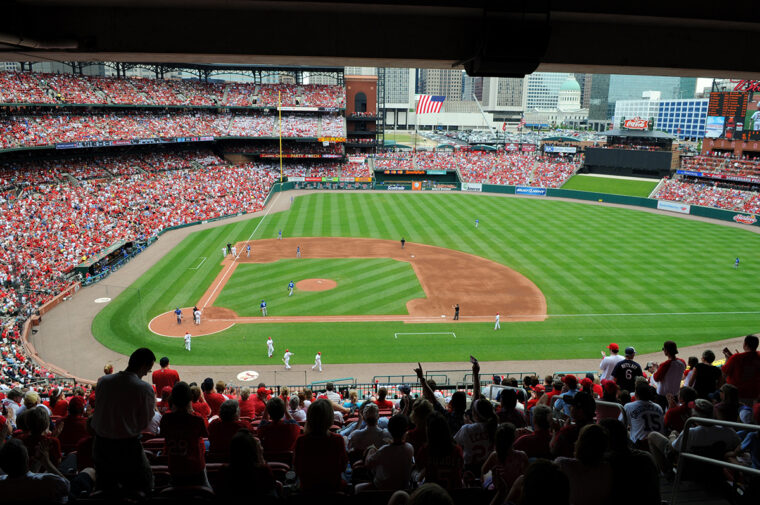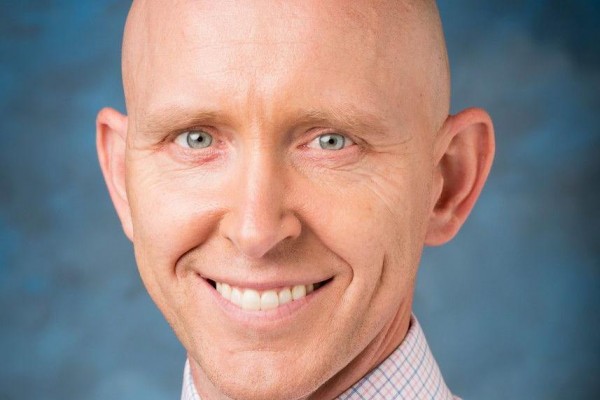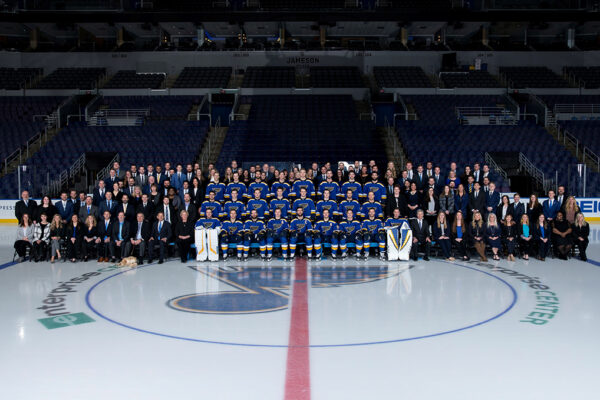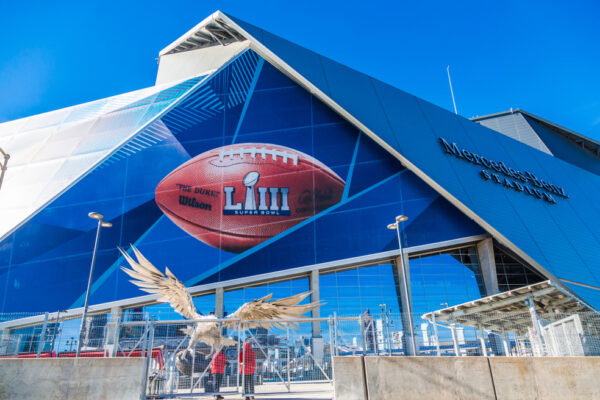The U.S. sports blackout because of the pandemic has left at least a $12 billion crater in the national economy. And even if stadiums and arenas light up anew soon, they won’t look the same.
A sports business expert from the Olin Business School at Washington University in St. Louis doesn’t expect the NBA, NHL and Major League Baseball to welcome fans if/when they return in 2020, for example.
Football, however, likely will allow a limited number.

Patrick Rishe, director of the sports business program at Olin, estimates the shutdown of professional, college, scholastic, community and recreational sports across America has impacted the sports industry by $12 billion.
“And that number could more than double,” Rishe said.
“From restaurants, hotels, production crews for local/regional sports programming, vending machine and game operators and more, when sports don’t happen, it has a trickle-down effect on the entire economy,” he said.
Rishe did a deep dive into data for ESPN. His analysis shows the sudden disappearance of sports will erase at least those billions in revenue and hundreds of thousands of jobs, “an economic catastrophe that will more than double if the college football and NFL schedules are wiped out this fall” by the pandemic.
Rishe analyzed the impact of a lack of fan spending, using Fan Cost Index data from Team Marketing Reports and attendance estimates, which are publicly available.
College football and MLB
Rishe calculates that a cancellation of the college football season would collectively cost the 65 Power Five schools more than $4 billion.
Ditto for America’s favorite pastime. Forty percent of Major League Baseball revenue is derived from fan spending on tickets and game-day spending at ballparks, Rishe pointed out.
“These losses will likely exceed $4 billion alone this year,” he said. “I don’t see any scenario at present where fans are back this year — not unless teams or leagues invest heavily in testing for fans. And I don’t see that happening this year because they already have to exhaust quite an effort to ensure players and staff are tested.”
Rishe does foresee pro basketball and hockey returning to play.
“But with no fans,” he said. “Both will likely select just a few cities where they will complete their season in an atypical way never before seen.”
The NFL and college football seem headed for some seats filled for games.
“I do believe we will see a small percentage of fans allowed back,” Rishe said. “The challenge for teams and athletic departments — aside from allowing a small percentage of fans in — is to decide which fans will be allowed in. Your biggest college donors are likely to be given priority, but will they be willing not to attend all games so that some of the other season ticket holders and students can attend games?”
Youth sports
It’s not just the absence of professional and college sports causing economic pain.
In 2019, the youth sports industry was pegged at $19.2 billion. Rishe estimates the loss to youth sports to be at least $2.4 billion, and he said he believes his estimate is “conservative.”
“There are many communities all over the country that historically have hosted youth sports tournaments fielding nonlocal teams, which fuels local tax dollars from visitor spending at hotels and restaurants,” he said.
“Not this year. It’s yet another example of this trickle-down effect hitting multiplex sports facilities in mid-sized and small towns across America quite hard.”
Think about it. No buses rented. No concessions or tickets. No meals or festivities surrounding sports. Imagine how many vending machines in elementary, middle and high schools and at community fields aren’t netting a single quarter for months on end.
WashU Response to COVID-19
Visit coronavirus.wustl.edu for the latest information about WashU updates and policies. See all stories related to COVID-19.



